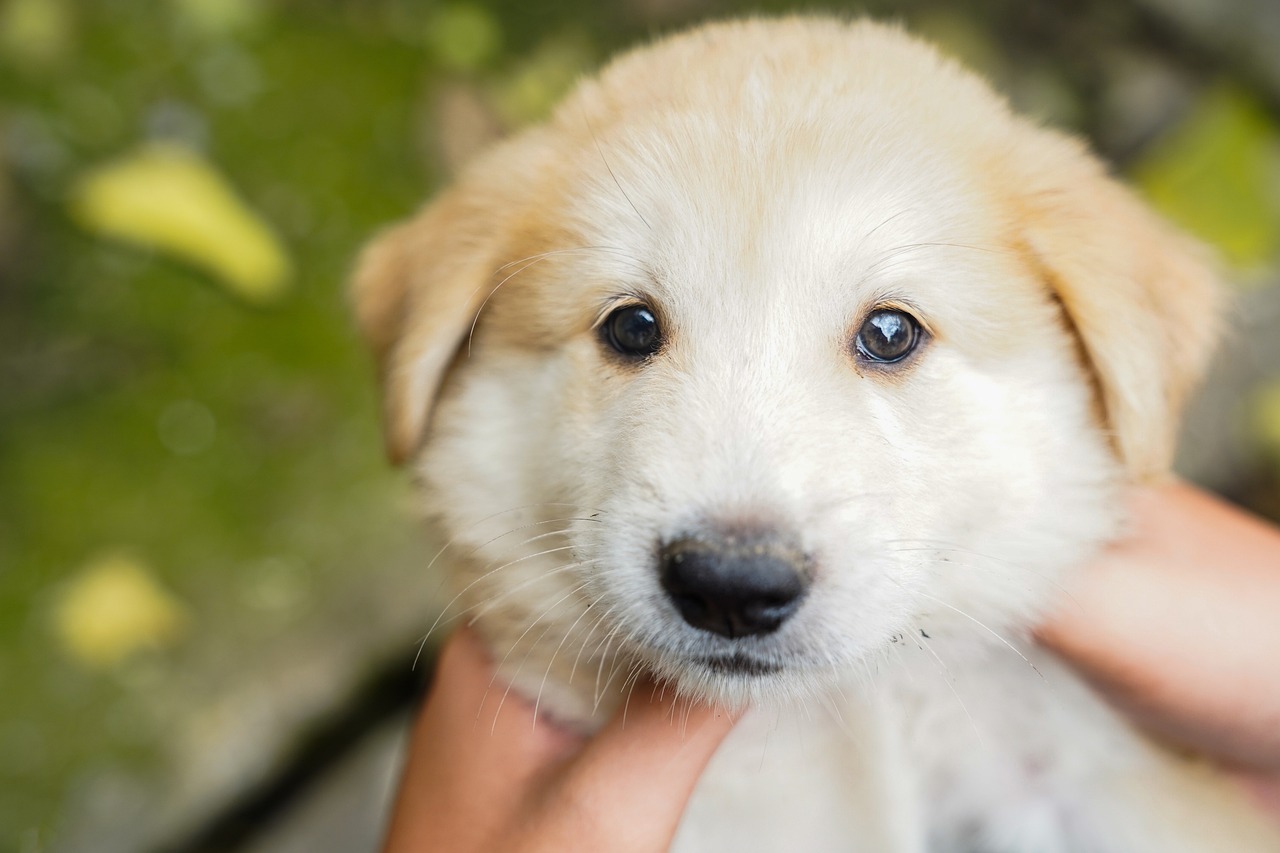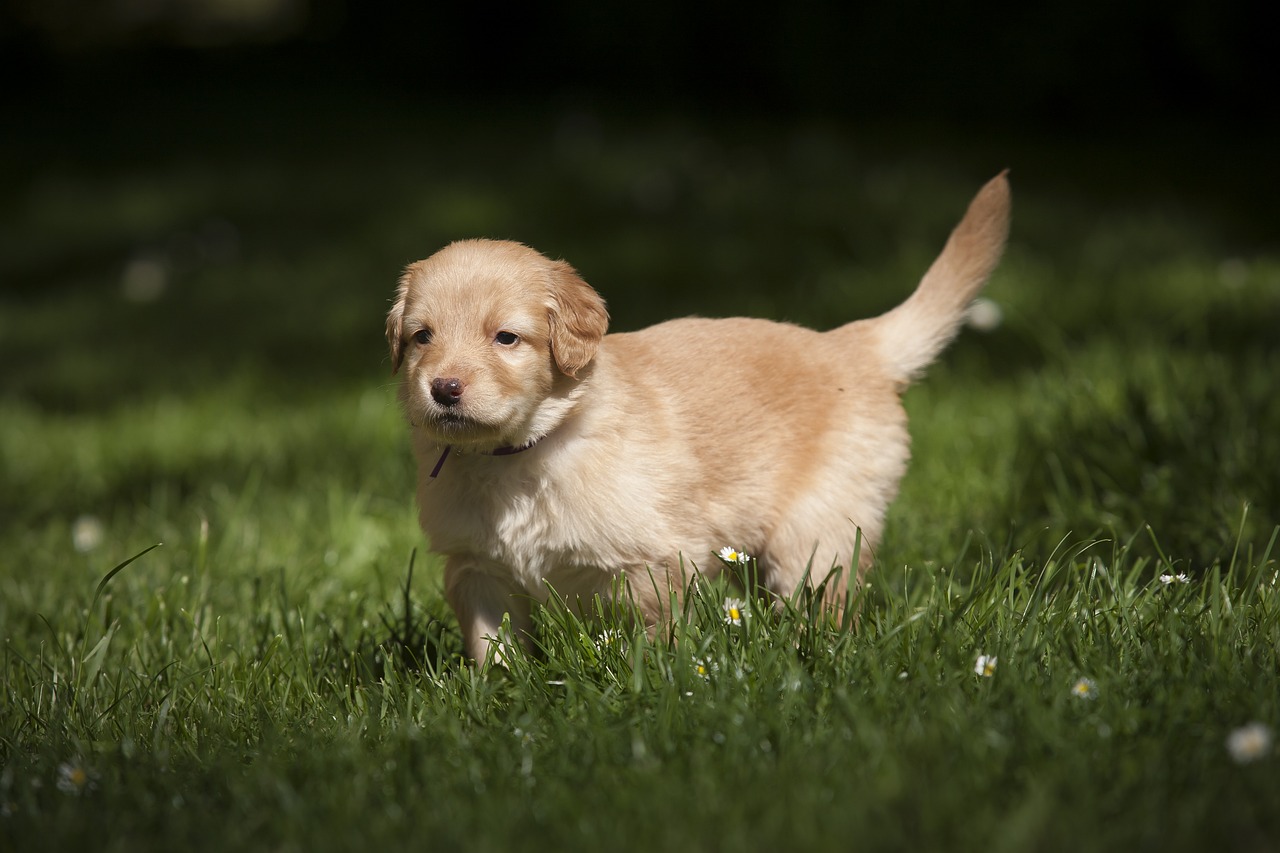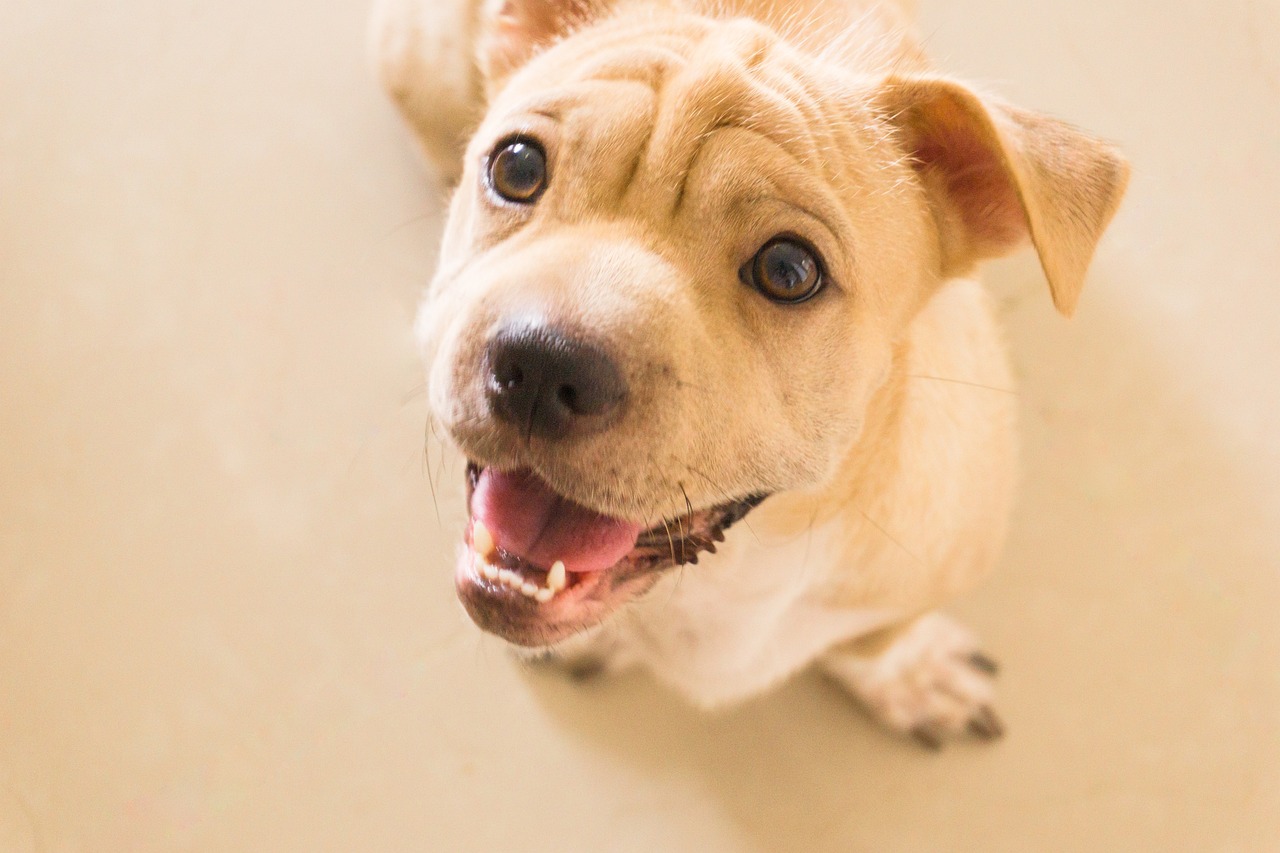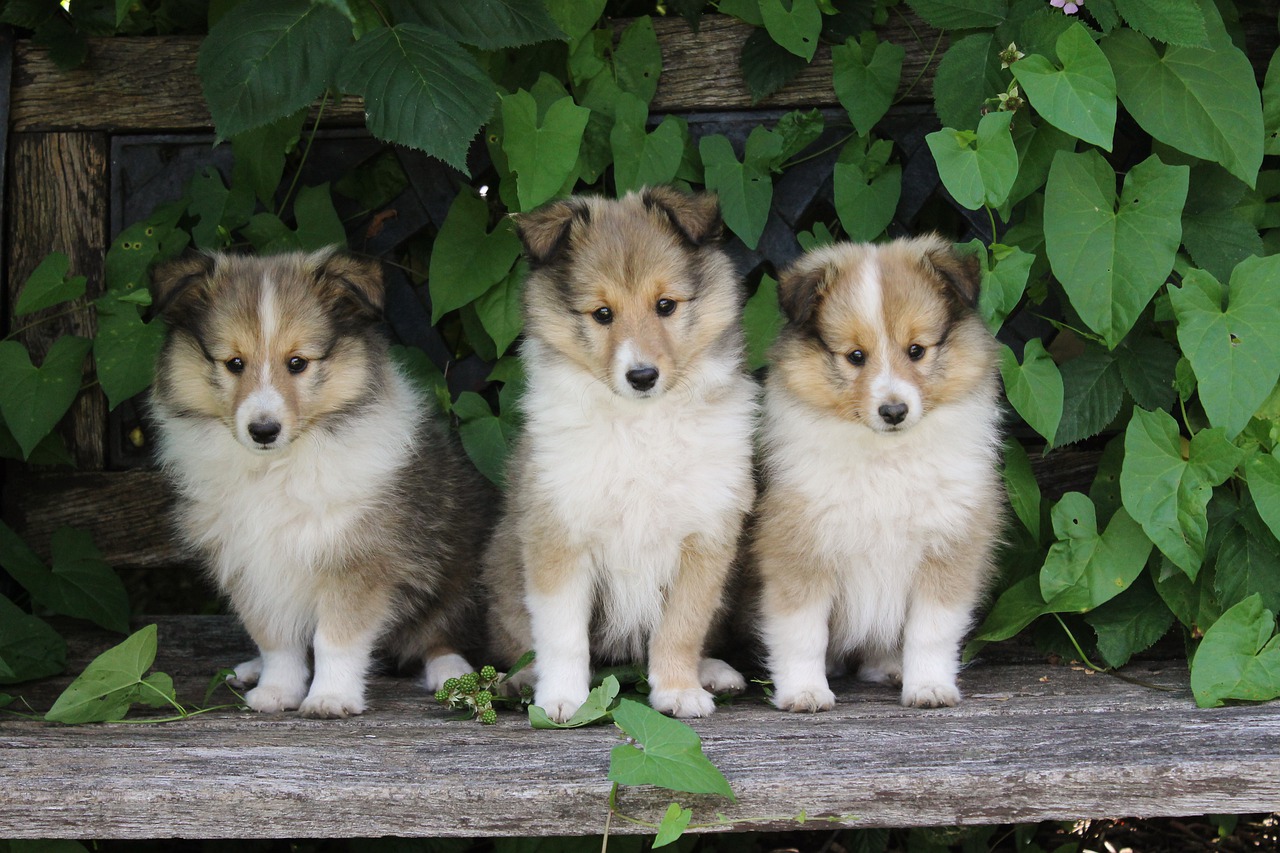Estimated reading time: 3 minutes
Table of contents
Puppy allergies can pose concerns for numerous pet owners. Learning how to recognize puppy allergies and avert them is pivotal for your pet well-being. Here are some key facts to help maintain your fuzzy buddy healthy and joyous.

Recognize Puppy Allergies
Recognizing the symptoms of puppy allergies is the initial phase in providing relief. So, look for these common symptoms:
- Excessive Itching and Scratching are often the first signals of allergies in puppies. Pay attention if your puppy frequently scratches or licks specific regions.
- Red, Irritated Scin. Allergic reactions can result in red, inflamed areas, particularly surrounding the ears, paws, and belly.
- Sneezing and Coughing. Sneezing and coughing can also be symptoms of puppy allergies. These indications may indicate a reaction to environmental allergens.
- Digestive Issues. Puppies with food allergies might experience digestive problems. Symptoms include vomiting, diarrhea, and a modification in appetite

- Running Eyes. Watering or running eyes might represent allergies. Watch for increased tear production.
- Ear Infections. Reoccurring ear infections can point to an allergic reaction. Look for redness, odors and discharge.
- Hair Loss. Reactions to allergies often cause hair loss in the affected areas. Check for patches or baldness up to find fur which seems thinned out.
How to Prevent?
Reducing allergies in puppies is a mix of proactive treatment and lifestyle changes. So, here are a few tactics to try:
Frequent brushing is important for decreasing irritants clinging to soft fur coats. Make sure to sweep away loose hair and particles when grooming regularly. Keeping a puppy’s coat clean through consistent brushing can help curb allergy symptoms.

Another option worth considering is a hypoallergenic diet, specifically if your puppy exhibits food intolerances. Furthermore, consult your vet to identify the best nutritional options designed to avoid triggering reactions.
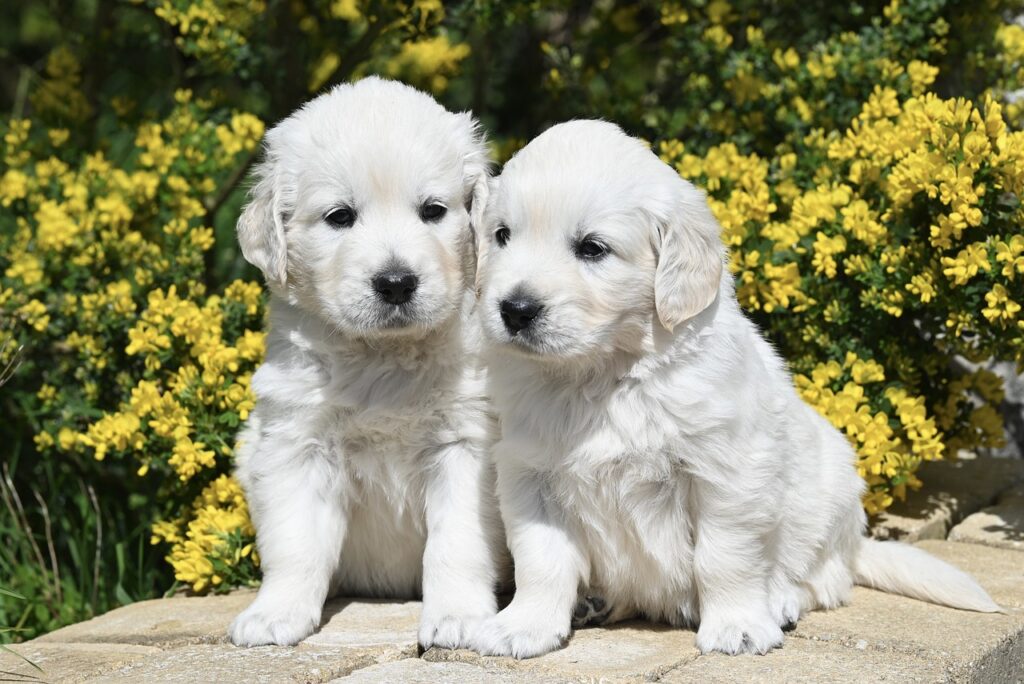
Also aim to sustain a tidy living space to minimize exposure to potential triggers. Be diligent about routinely sanitizing areas all over your home, paying extra attention to locations where the puppy spends the most time playing and resting. Moreover, maintaining clean conditions throughout the home could make a difference for sensitive skin.
Recognizing and preventing puppy allergies is crucial to keeping your furry friend fit and content.
Additionally, to read more about puppies health, check out these articles:
